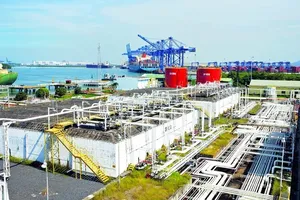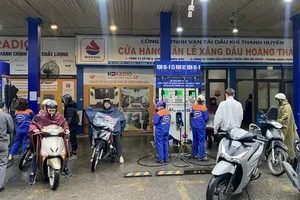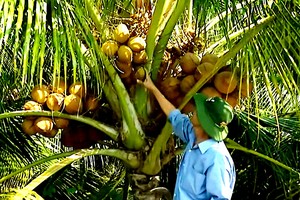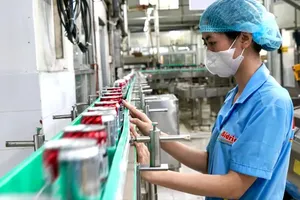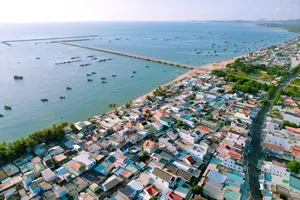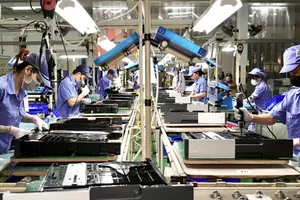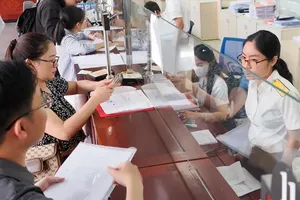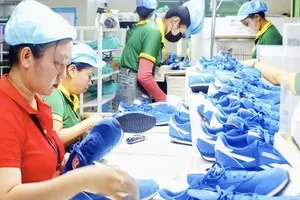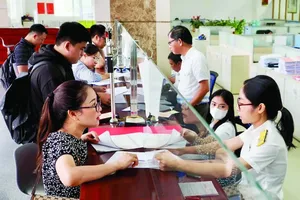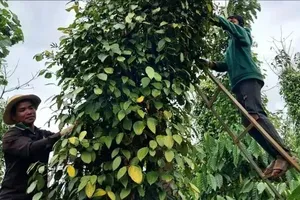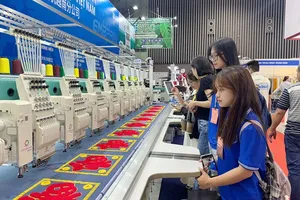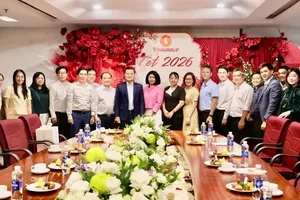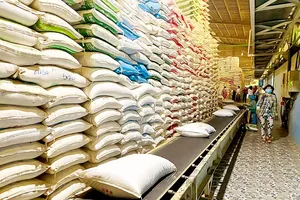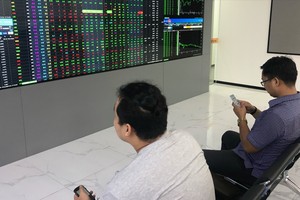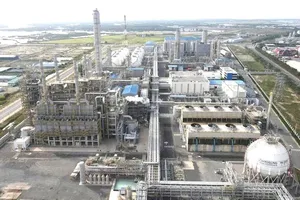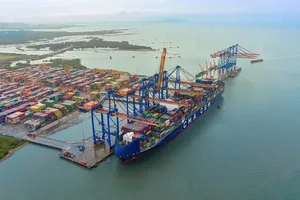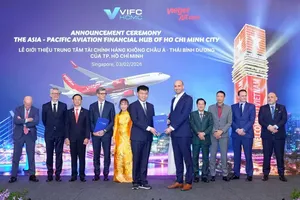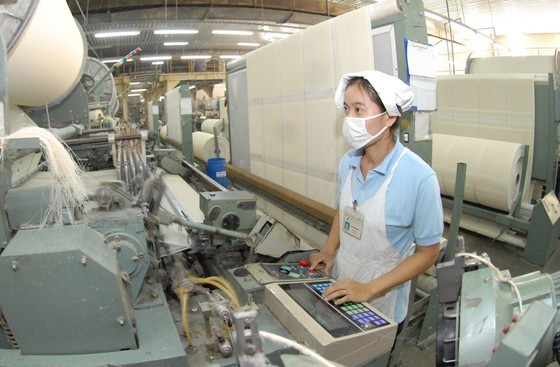
Mr. Vu Duc Giang, Chairman of the Vietnam Textile and Apparel Association (Vitas), said that in the past three years, the association has urgently carried out green and environmentally friendly production models for member enterprises. Accordingly, enterprises must reduce generated waste, change habits, and upgrade technologies from using fossil fuels to bioenergy and renewable energy.
Vitas has collaborated with the World Wide Fund for Nature (WWF) to implement the project "Greening Vietnam's textile industry through improving water management and sustainable energy". This project promotes the improvement of water quality and the use of sustainable energy. At the same time, more support is given to industrial zones in accessing the green credit package to invest in industrial zones exclusive to the garment and textile industry.
Earlier, the association of the wood industry also signed a commitment to promote the development of the wood industry towards sustainable development, resolutely not using illegal sources of wood. At the same time, the Green Vietnam Fund was officially launched.
Mr. Do Xuan Lap, Chairman of Vietnam Timber and Forest Products Association (Viforest), shared that the average wood export turnover reached US$12.5 billion per year. Most of the main export markets of the wood industry are the US, Europe, and Japan.
These markets all have strict regulations on the origin and legality of wood. Consumers in these markets do not accept wood products originating from natural forests, especially tropical and precious wood species. This is also how these countries comply with the regulations relating to circular economic development. Therefore, to maintain export market share, domestic enterprises must meet the requirement that wood material is harvested from plantation forests.
From another perspective, the green commitment also aims to fully implement international commitments signed by the Government of Vietnam involving sustainable development, green growth, climate change adaptation, environmental protection, and conservation of biodiversity, including the Convention on International Trade in Endangered Species (CITES) and the Voluntary Partnership Agreement on Forest Law Enforcement, Governance, and Trade (VPA / FLEGT).
Regarding this field, Ms. Hoang Thi Thanh Nga of WWF said that these are just two of Vietnam's manufacturing industries that must comply with the commitment to environmental protection and social responsibility towards a circular economy with zero waste and no environmental pollution.
According to the results of a survey by the Ministry of Natural Resources and Environment, economic development in recent years has led to many consequences for the environment. This not only affects the export market share of enterprises but also directly affects the quality of life of people. Currently, up to 80 percent of fresh water in the river and canal network is polluted seriously.
In rivers, which are the sources of water for daily life for tens of millions of people, namely the Red, Dong Nai, Saigon, and Huong rivers, many harmful substances have exceeded the permissible limit. The amount of solid waste is also constantly increasing while the treatment technology is outdated. On average, each year, the environment in Vietnam receives about 12 million tons of domestic waste. The amount of waste climbs by 10-15 percent annually. In a megalopolis like HCMC, an average of 9,000 tons of domestic waste is received every day, and the annual growth rate is 12 percent.
Vietnam is currently in the top ten countries generating the highest amount of plastic waste to the environment. The application of circular economy not only reduces generated waste but also helps to convert waste into a source of raw materials for production, ending the situation of discharging waste into the environment. And to do this, it does not only rely on authorities in increasing the infrastructure to receive and treat generated waste in general, but the production stage of enterprises and people's daily life also need to apply measures of the circular economy.
As for the Government, it is essential to facilitate and establish regulations to promote cooperation. The plastic waste management system roadmap in particular and waste, in general, should have a specific framework and clear process. Authorities need to proactively tackle issues throughout the value chain, from modifying the tax structure to offering tax privileges to recycling and waste management enterprises. Technology should be applied to manage resources to maximize efficiency and minimize material waste. Moreover, tax privileges can be introduced to encourage manufacturers to switch to using environmentally friendly or recycled materials in their production and business activities, Mr. Roongrote Rangsiyopash, President cum CEO of SCG Group, stressed.
